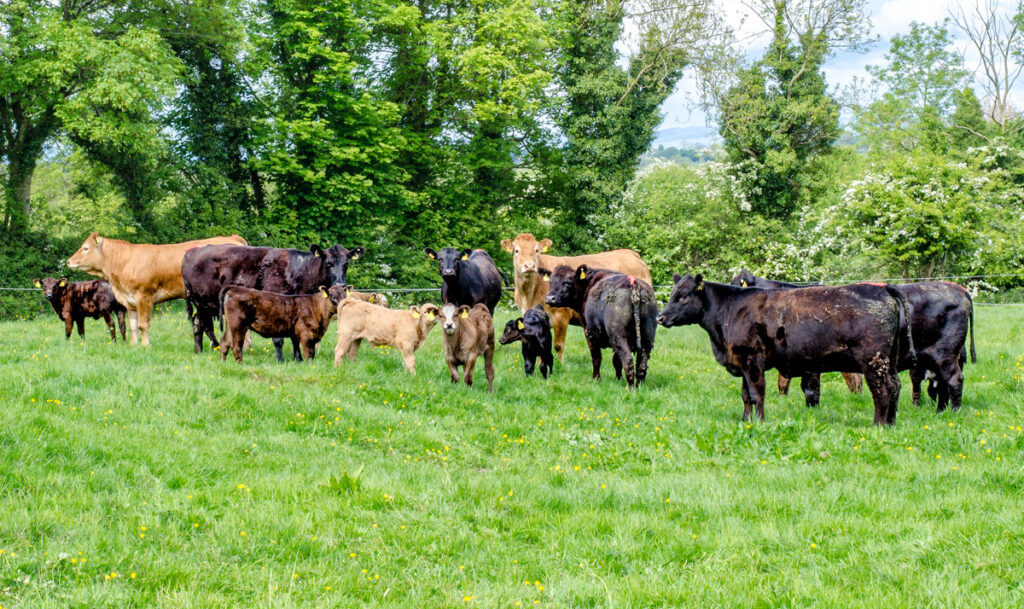With spring time on the horizon, it is time for the suckler farmer to start thinking of cows calving down shortly.
The joys of calving also brings the threat of harmful diseases and pathogens which can impact on a calf’s health and performance.
One such threat can be a re-occurring issue of scour. It is important for a farmer understand whether the problem is an infectious or nutritional scour that they are dealing with.
Infectious scours can be caused by the presence of pathogens within a calf’s environment. Meanwhile, a nutritional scour can be caused due to stress, or an issue with the calf’s diet – which can also result in it turning into an infectious scour.
Causes of scour
Calf scours can be caused by a number of pathogens including parasites such as cryptosporidia and coccidia and viruses including rotavirus and coronavirus. Additionally, salmonella and E.Coli bacteria can be a contributing factor to calves scouring.
According to Animal Health Ireland (AHI), vaccinating cows pre-calving will maximise protection against calf scours caused by rotavirus, coronavirus and E.coli.
With spring calving taking place within the next few weeks, farmers may want to start thinking of vaccinating their cows as soon as possible – as it can take two weeks for a cow to respond at maximum potential to the vaccine.
Therefore, if the product used is a one-shot vaccine, it needs to be given between three to 12 weeks before calving.
Farmers are advised to speak with their vet before selecting a vaccine as some products will require a booster vaccine to be administered after the initial vaccine.
Post-calving management
It is important to note that the vaccine does not allow for antibodies to be passed into the calf prior to birth. Therefore, it is essential that an adequate amount of colostrum is fed to the calf from its mother.
These antibodies will protect the calf until they have developed their own immunity – which usually begins from three to four weeks of age.
However, even if all of these guidelines are followed – it still does not allow for an override of good hygiene practices within housing, especially as the vaccine does not cover harmful parasite scours such as cryptospiridium.

